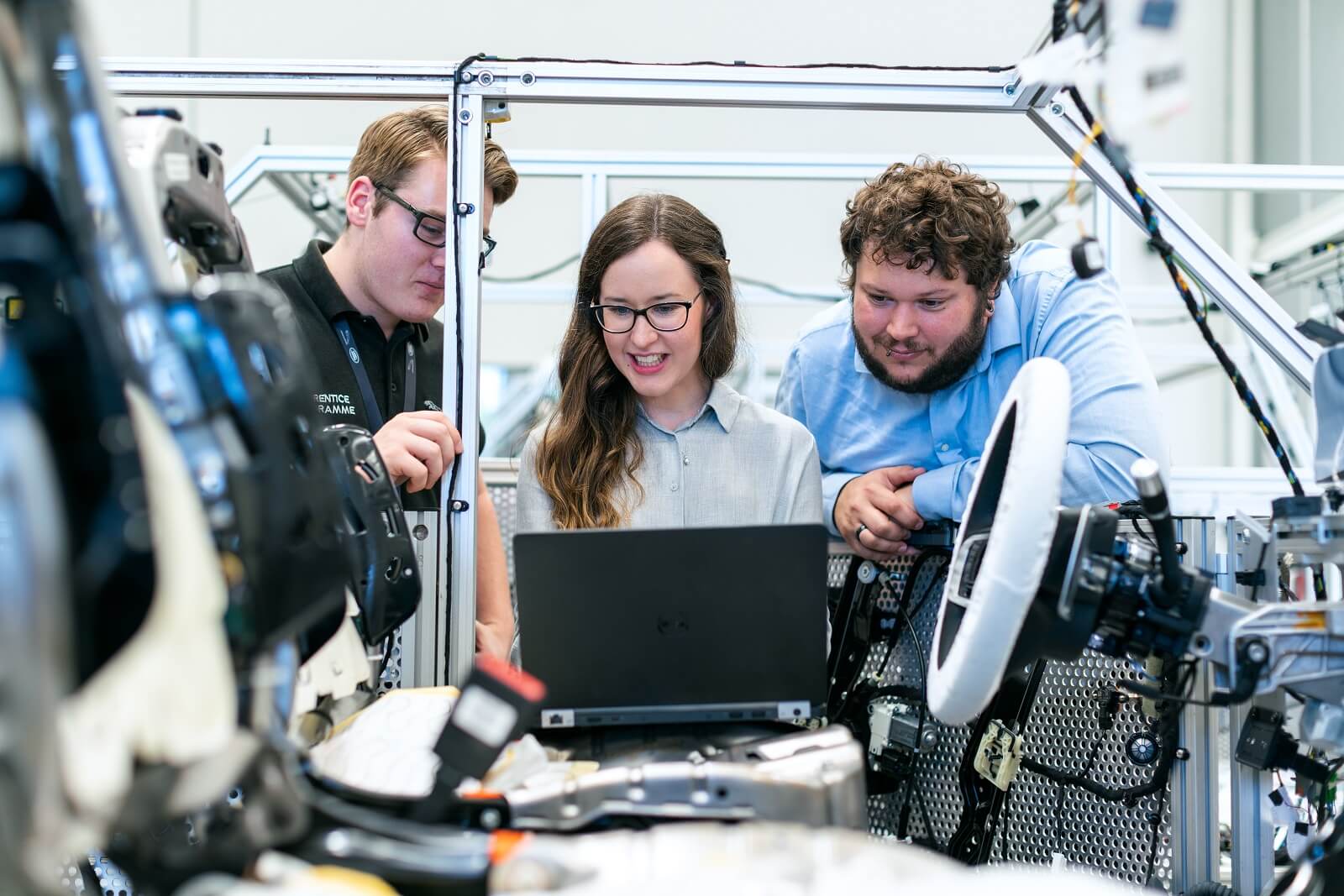Electric cars have widely been accepted as successors to ICE cars, and auto manufacturers are making their best efforts to electrify their latest units. Better range, eco-friendly operation, and easy availability to charging points make e-vehicles a serious competitor to fuel-operated counterparts. But they are still not perfect for many due to their slow charging time of several hours. That is why the automotive industry has started looking forward to advanced technologies like supercapacitors.
Instead of taking several hours, an e-vehicle containing supercapacitors can charge up within a couple of minutes. High-quality supercapacitors like Cap-XX supercapacitors provide the best possible solution to the lingering issues of battery-powered electric cars and hybrid vehicles too. The scope of supercapacitors in the automotive industry seems to be bright and wide-ranging.
What are Supercapacitors?
Also known as ultracapacitors, supercapacitors are a medium to store electricity and release it when needed, just like a battery does. But instead of storing electricity in chemical form, they store it in a static state, thus facilitating rapid charge and discharge cycles.
Benefits of Supercapacitors for the Automotive Industry
Cars having regenerative braking systems already have supercapacitors. Since they have higher power density compared to chemical batteries, they can rapidly save and discharge power. As a result, they quickly collect energy during braking and then quickly release it when accelerated.
Completely cell-based vehicles also have supercapacitors for auxiliary accelerative power delivery. Supercapacitors have still not replaced lithium-ion batteries as a primary source of power, but hybrid and electric vehicles witness advancements with each passing year. So, there are high chances that supercapacitors will play a significant role in future generation electric vehicles.
Since supercapacitors work physically rather than chemically, they do not degrade over time like lithium-ion batteries.
online pharmacy purchase prednisone online best drugstore for you
As a result, electric cars may have a vast life span with reduced environmental impact.
The most significant benefit of supercapacitors in the automotive industry is that they can charge and discharge quickly. High-end products like Cap-XX supercapacitors take minutes instead of hours to charge fully, thereby reducing the time taken by current e-vehicles to charge. Wireless charging is also an excellent option for supercapacitors, eliminating the need to plug into power points, thereby making charging a seamless process overall.
The Future of Supercapacitors in the Automotive Industry
Hybrid buses in China are already using supercapacitors to charge rapidly while going from one stop to another. At present, such chargers are not readily available on a large scale. Still, as more electric cars enter the market, the infrastructure will likely develop and install supercapacitor chargers for vehicles on a widespread level. So, expect wireless charging pads and charging points at different places, just like fuel pumps.
According to a sci-fi vision, charging could be built-in into roads so that electric cars get power while driving or pausing at the traffic lights. Dedicated motorway lanes can also be built for this purpose.
online pharmacy purchase finasteride online best drugstore for you
Some cars may be given both the options of supercapacitors and batteries.
online pharmacy purchase propecia online best drugstore for you
When a supercapacitor charge is not nearby, the drive may switch over to battery for uninterrupted operation.
No doubt, electric cars, batteries, tech, and charging are witnessing constant improvements. So, the scope of supercapacitors for the automotive industry seems to be electrifying.


